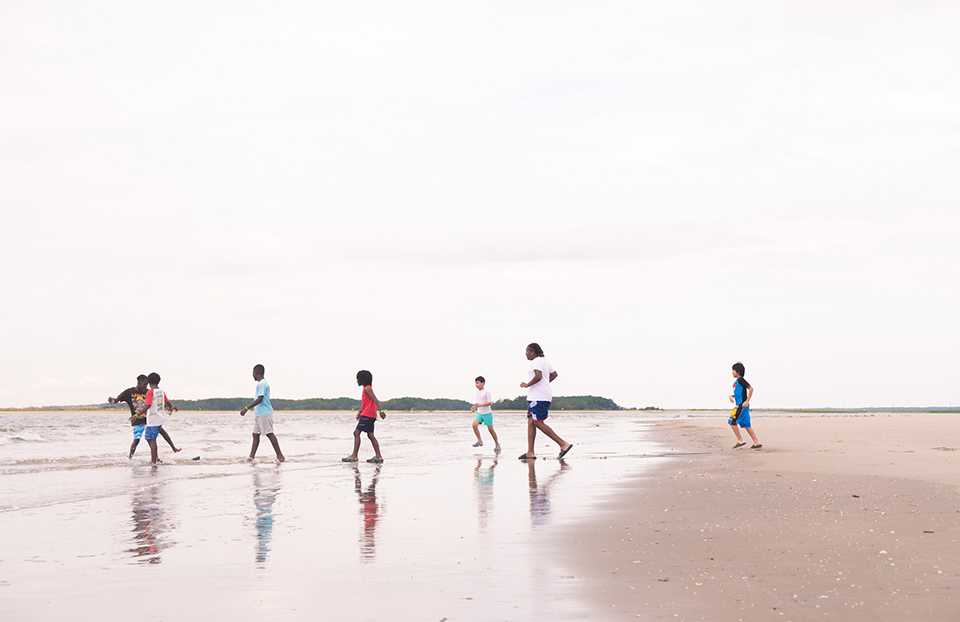Anne Artz, 2010 Society Fellow, Helps Develop Future Scientists
Anne Artz, a 2010 Society Fellow, is an Advanced Biology, AP Biology, and AP Environmental Science teacher at the Pruess School, located on the campus of the University of California, San Diego. Below she describes how she has used funds from the Society Fellowship to impact her students.
The mission of the Pruess School is to take disadvantaged students and provide them with the necessary support, nurturing, advising, and academic rigor to allow them to apply and gain acceptance at some of the best colleges and universities.
In early November 2012, I attended the National Science Teachers Association conference in Atlanta where I presented on ways to increase STEM literacy in schools with low income and disadvantaged students. As I prepared for my session, I was reminded that while my students may come to me from disadvantaged families and backgrounds, they are no less interested in science than their peers at wealthier schools. In fact, I believe my students are more excited learners because they don’t have access to all the bells and whistles found in schools with means.
I spent the better part of last year teaching my Science Club students the fine art of gel electrophoresis. The club is a result of funding from the Society for Science & the Public Fellowship and has been instrumental in teaching this group lab skills and techniques they generally don’t find in a regular science classroom. Last year we focused on advanced lab techniques and with supplies purchased with the grant money, my students were soon learning how to use a micropipettor, how to pour gel slabs, and how to stain protein samples. In the spring, I took several students with me to a very prestigious fundraiser where, during the cocktail hour, they demonstrated their scientific knowledge and answered questions from the patrons. I was so proud of them. Not only could they explain the how of their gel electrophoresis, they were able to explain the why. These were 9th and 10th grade students who came from homes where English wasn’t spoken, yet they were confident in their science language because of their work in our club.
Now into our third year of the 4-year grant, my students are well acquainted with lab skills and techniques that will help them in their college courses. They have made connections with mentors and scientists in our community. Each one of them has expressed a desire to study science of some sort in college and, hopefully, continue into a career that utilizes some of what they learned in our club. This year our focus is Forensic Science. Maybe I am developing the next generation of CSI investigators! What I do know is that students from all backgrounds and all cultures learn to love science by doing it.


